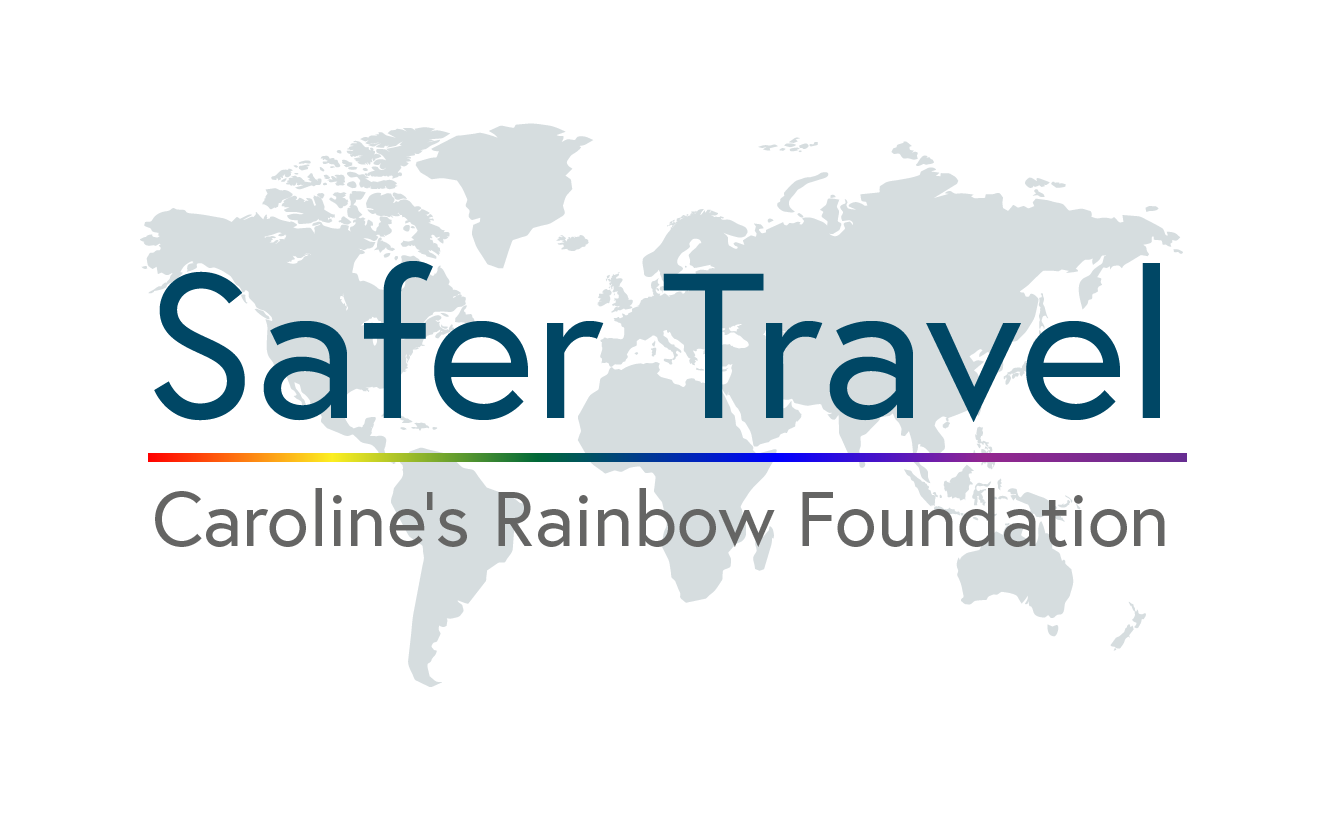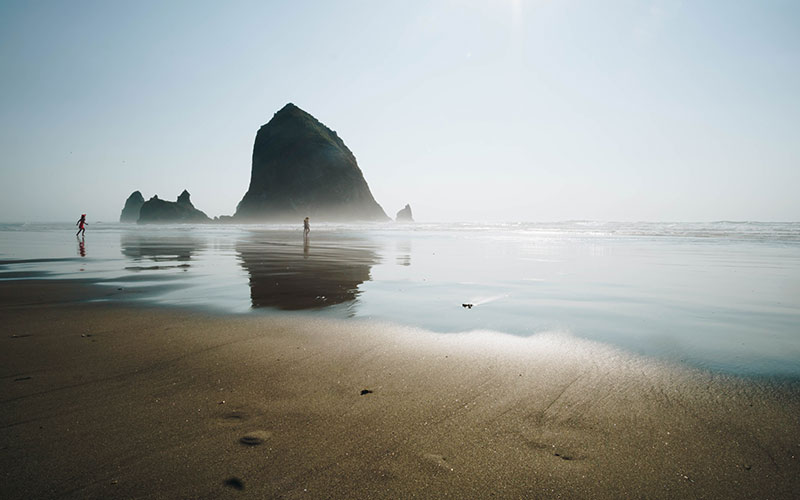Studying Abroad
The Study Abroad Program is definitely an exciting opportunity, providing many academic benefits and giving students an insight into a completely different culture and way of life. For most people who have a study abroad option as part of their course, it might be the first time they have spent a significant time away from home. It also might be the first time they have had to be completely self reliant and had to deal with everything including; budget, living alone, transportation and meeting a completely new group of people.
For anyone planning to study abroad, it’s normal to feel a little nervous or apprehensive about the opportunity, the benefits of studying abroad are many, but there are also many pitfalls that with the right preparation can be avoided. We have been speaking to students on the programme between York St John’s University in the UK and Pacific University in Portland, Oregon, USA.
Study Abroad Students
We spoke to Study Abroad students from both York St John University, England and Pacific University in the United States. The video delves into some of the expectations these students had before departing for their experience abroad, also touching on their safety awareness during the transitioning period.
The aim of this short video is to give anyone considering the option of study abroad a greater understanding of what they can expect from the experience in order to prepare effectively.
Pre departure
The time before you go is key for preparation, the more information you have and more aspects of your travels you have considered the easier and more confident people will feel on their adventure.
Tips
- Check your passport is in-date
- Arrange any required visas
- Visit a doctor and have any required vaccinations
- Pack a small first-aid kit
- Know where you are staying
- Check your travel insurance
Pre-Departure
Do I need to budget?
More than likely you will be dealing with a different currency, do some research on the cost of living, food costs and drinks costs may vary to what you are used to. It’s really important to budget for your entire visit, try to also keep a little spare for any emergencies.
Should I consider mental preparation?
Yes, definitely. Consider the time away from home, quite possibly everything will be completely new. At some points you will feel out of your comfort zone. Meeting a lot of new people in a new environment all at once can be daunting. Try to think about techniques to help you stay in control and relaxed.
What should I research?
Take the time to look at the area you are visiting, try to gain an insight into the culture and lifestyle. This will make it easier for you to become accustomed when you arrive. Also, take a look at the laws of the country, they might be different to that of your home country.
It’s important to also know what to do if things go wrong, try to answer questions like;
- Who do I ask if …?
- Where do I go to find out …?
Our Safer Travel App which is free to download has comprehensive safety information for over 350 destinations around the globe. We are currently building safertravel.org which is adding all the App information to a website.
What should I pack?
Only take what you need, we recommend that you pack, then repack. Consider carefully everything you choose to put in your rucksack. Packing for Study Abroad is a little different as you need to consider school wear, stationary, books and leisure wear. It’s common for students to save on suitcase space by purchasing stationary and books at their destination.
Experience abroad
Your time abroad is priceless, don’t waste time and make the most of every opportunity. Some places you will only visit once in your lifetime.
Tips
- Wake up early
- Keep your eyes open
- Go with the flow
- Always consider your safety
- Learn new things
- Travel with friends
Experience abroad
Is time management important?
This is very important. As simple as it sounds make sure you are on time for the places you need to be and the people you are meeting, when in a new area it’s easy to get lost or disorientated, leave yourself extra time.
Is it just a great holiday?
You are going to study abroad, you will be expected to work. It is your opportunity, the more work you put in the better your experience. This might be the only time you get to participate in a Study Abroad Programme.
How can I ensure I have the right attitude?
People will be meeting you for the first time, if you are nervous and out of your comfort zone you might not completely be yourself. Your attitude is the one thing that you will have complete control of. How you choose to handle situations will define people’s opinion of you. Keep calm and relax, if you need to take time out it’s perfectly OK.
How can I get the most out of my opportunity?
If you have done your research then you should know whats happening when you arrive and know places you would like to visit or events you would like to attend. There is nothing worse than coming home and saying, “Ohh I wish I had done…”
Returning home
Coming home after a great experience is always a good feeling. If you have considered your safety and have made the most out of your trip then you might already be thinking of your next adventure.
Tips
- Create an album of your photos
- Keep in touch with people
- Share your experiences
- Plan another adventure
- Learn from your travels
Returning home
How important is learning from my trip?
From everything you do there is always something to learn, try to think carefully about the things you have learnt and how you can incorporate them into your life back at home. Ask yourself;
- What have I learnt?
- How can I use what I have learnt to enrich my life?
- What else can I do to better plan my next trip?
How can I share my experiences?
Talk to your friends and family about your experiences, it’s great to relive your times abroad and other people can feel the same excitement you have. You can share stories on blogs and social media, it is also good to talk to other students who might be considering a study abroad experience and share your knowledge.
Will I experience reverse-culture shock?
It’s possible. This is something that is not always considered when travelling or studying abroad, after your experience returning home can seem dull, boring and you can feel deflated. If you find yourself feeling this way it’s completely normal, remembering some of your good times, staying in contact with people you have met and planning another adventure can help you get over the reverse-culture shock.
Our top 5 travel tips from the Study Abroad students we spoke to.
- Budgeting, understand there may be hidden fees and research the money conversion
- Allow time to navigate airport and areas you are staying
- Plan your time and set things out so you have things to do outside of the university
- Take taxis with friends, find out which companies are trusted locally
- Create a packing list to tick off before you leave for your study abroad programme





